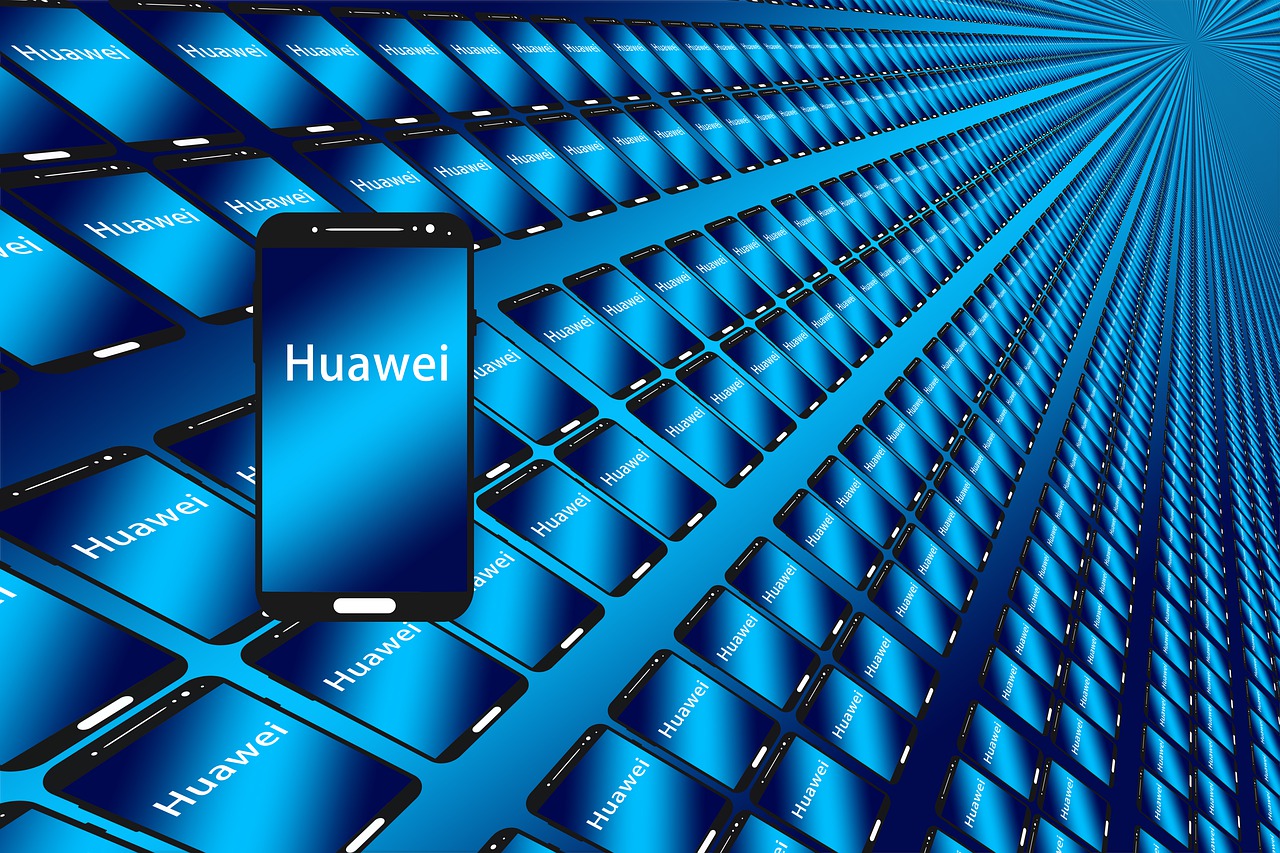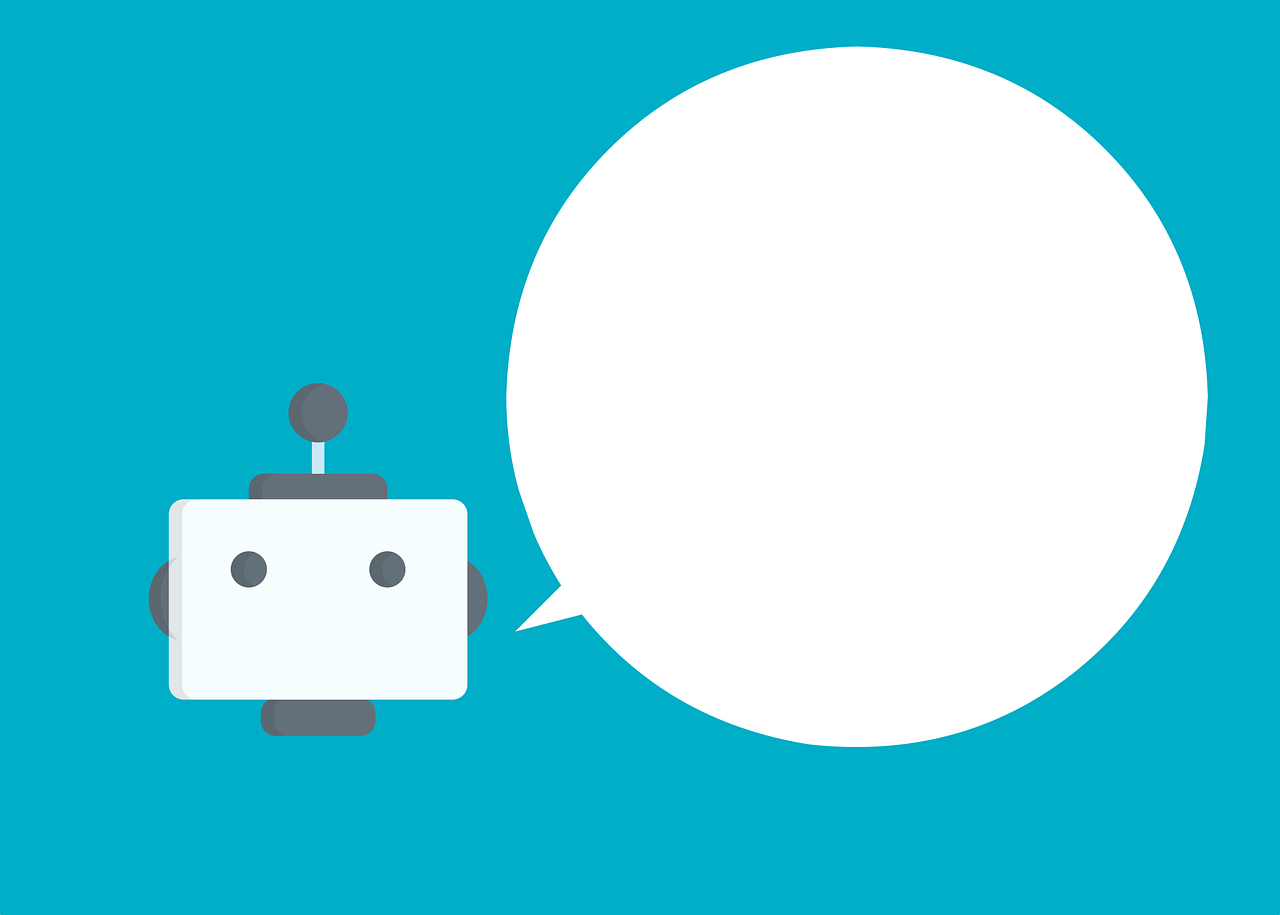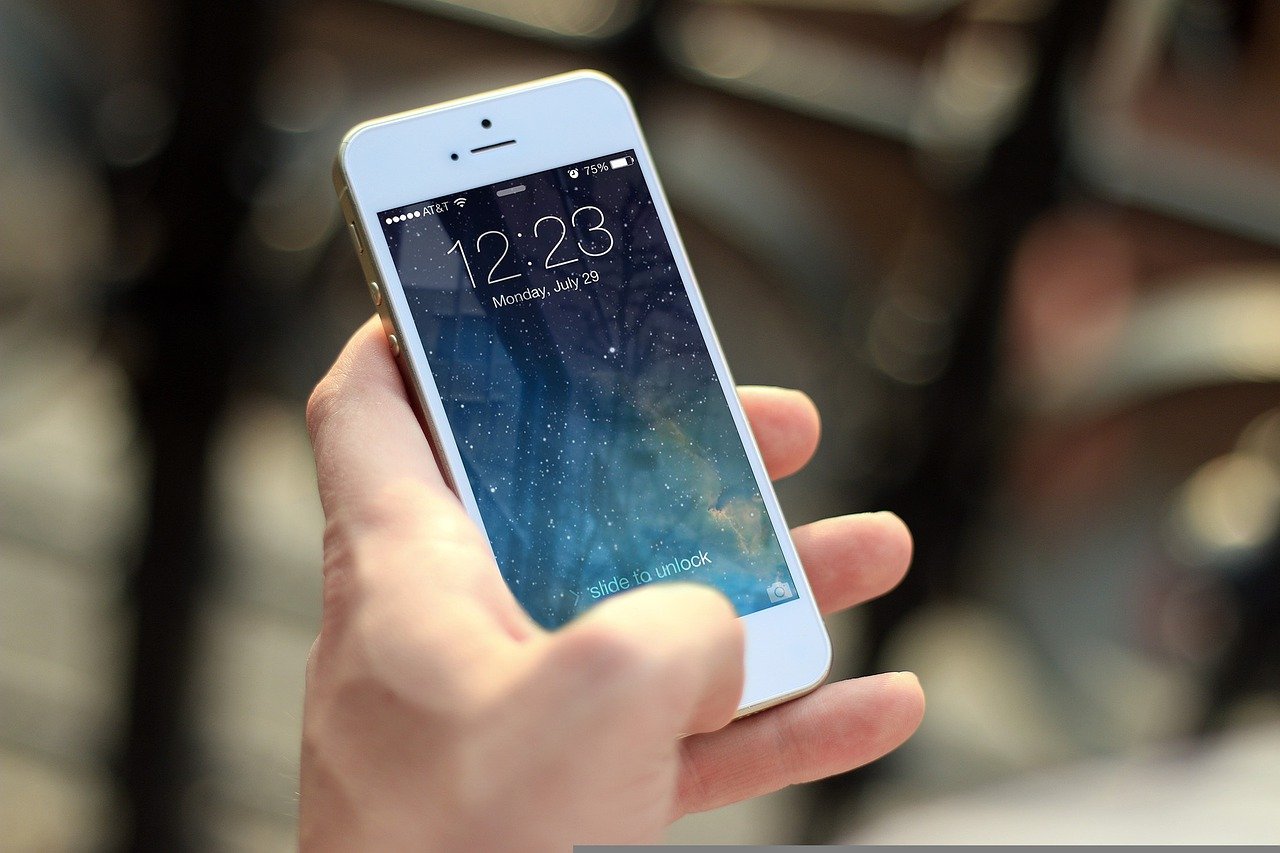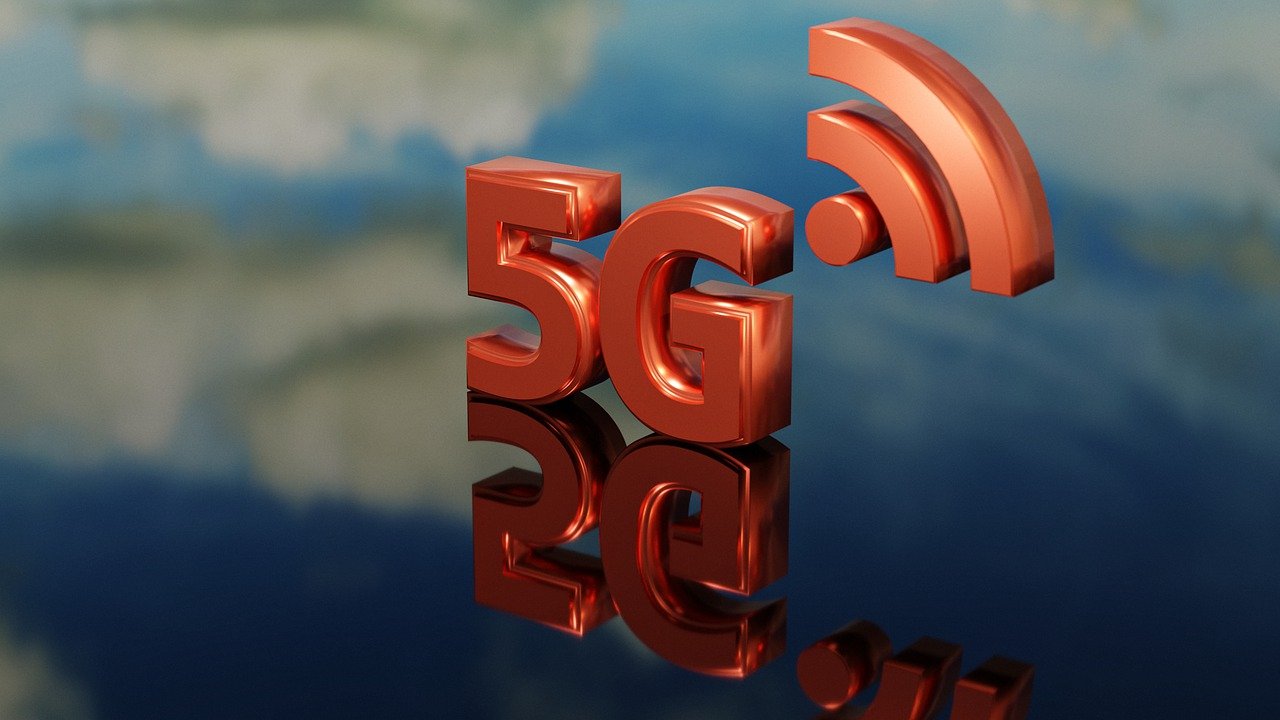Huawei launches its Harmony operating system competing with Android

The Chinese telecoms giant, Huawei unveiled yesterday a new operating system, called “HarmonyOS”, which must equip its mobile phones and “bring more harmony to the world”. Threatened to lose its access to Android due to US sanctions, Huawei responded by designing its own operating system intended to equip the different types of brand devices within the same “ecosystem”.
The system was presented by the executive director, Richard Yu, at a group developer conference in Dongguan (southern China). Huawei is blacklisted by the United States, which suspects it of spying for Beijing. Huawei, the world number two in smartphones, found itself trapped in May by the twists and turns of the trade war between Beijing and Washington against a backdrop of technological rivalry.
Considered the leader in 5G technology, it has been blacklisted by the US administration because it is suspected of providing backdoors to Chinese intelligence services, which the group denies. As a result, American companies are, in theory, no longer authorized to sell him technological products. A three-month exemption period – which is due to end next week – has been granted by Washington. This ban also concerns Google and the supply of its Android system, which equips the vast majority of smartphones in the world, including those of Huawei. The group has always publicly defended itself from wanting to replace Android on its phones with an in-house operating system, but claims to be forced to do so by American sanctions. Richard Yu assured that Huawei could do without Android if necessary. “If we can no longer use it, we can move all of our apps to HarmonyOS,” he said.
Developing an operating system with the entire ecosystem that accompanies it, in order to attract users and developers, is complex. Besides Google’s Android, the only other operating system that’s widespread enough is Apple’s iOS, which is available exclusively on iPhones. The Shenzhen firm (southern China) has been working on its own operating system since 2012, initially designed for the Internet of Things. HarmonyOS “is completely different from Android and iOS”, assured Mr. Yu. Google is also working on its own general-purpose operating system project, “but it is not yet at the realization stage”, he observed. In 2010, Microsoft tried to launch a mobile version of its famous Windows, but only managed to offer it on its own phones. As for the “free of charge Tizen” system, developed by Samsung, it remains confidential. But without full Android access to popular Google services, not to mention the multiple apps available on the Google Play store, Huawei may struggle to convince consumers outside of China to pick up its phones.
Mr. Yu specified that HarmonyOS will be installed on smart displays that will be launched before the end of the year. It will then be extended to other devices (smart watches, smart speakers, automotive systems, etc.), first in China, then in the rest of the world. The system will be open to all in “open source”. “We want to build a global operating system, which will not be used only by Huawei,” Yu said.


